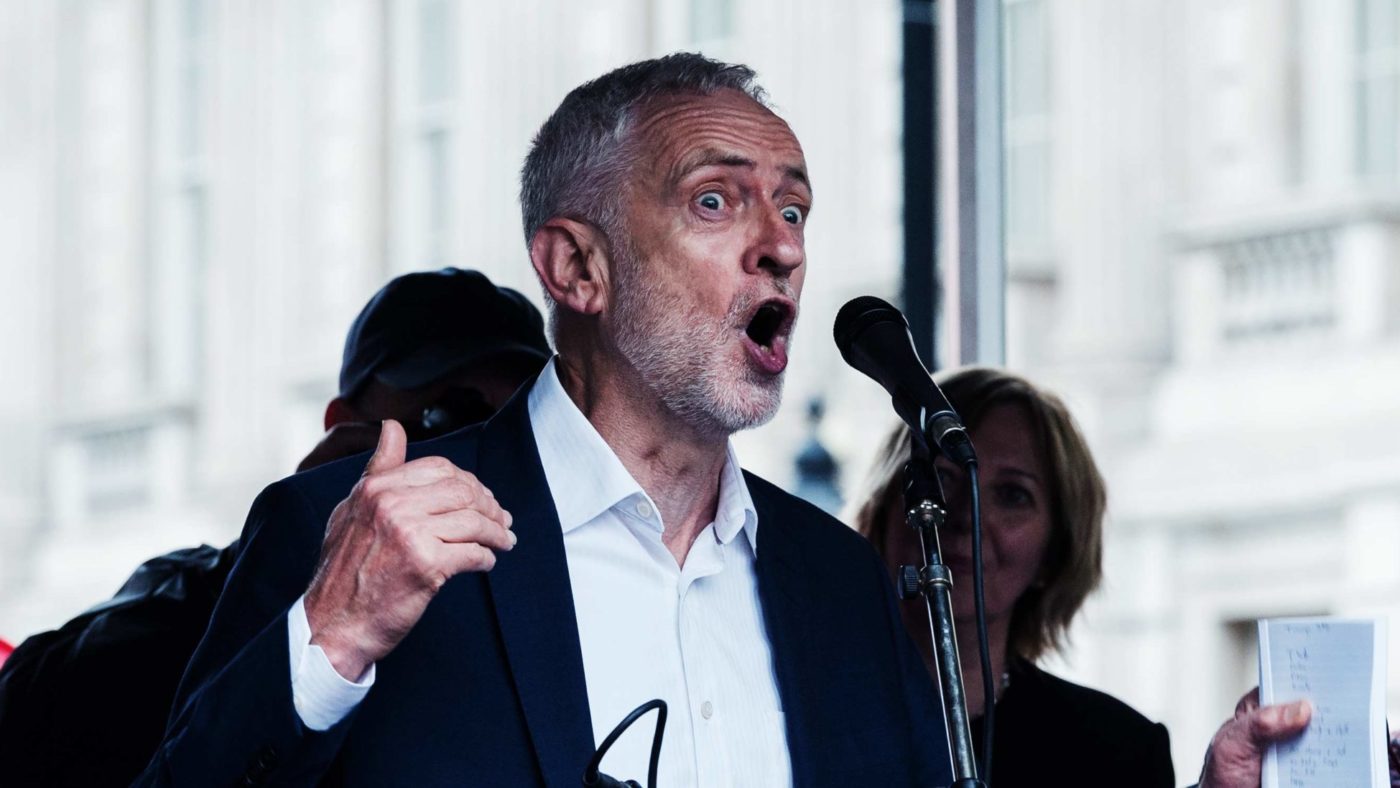It is August after all; a time for grandiose and cockamamie schemes of dubious good sense and possibility. And so perhaps it is little surprise that this is the moment for a government of national unity to have its moment in the sun.
A government of national unity – a GNU – would be quite a thing. As Flanders and Swann sang, “I’m a gnu? Spelt G-N-U/I’m not a camel or a kangaroo/So let me introduce, I’m neither man nor moose/Oh, g-no, g-no, g-no, I’m a gnu!”. Which, you may feel, captures the essence of the proposition.
A government of national unity is a misnomer wholly appropriate for our times. Even if it were somehow to be arranged it would not, could not, be what if professed to be. It might, by virtue of its cross-party composition, possess a patina of respectability, but it would not be a government of national unity. For such a thing is not possible in this country at this moment in its political history.
You might as well claim that Boris Johnson’s government is one of national unity, for it has just as great a claim on that title as a multi-party enterprise led by Jeremy Corbyn, Keir Starmer, Ken Clarke, Harriet Harman or anyone else who could have the crown forced upon their bonce. That is to say, it has no great claim on it either.
For these are not normal times. A government is either in favour of Brexit or it is not and there is no half-way, compromising, house to be had. As Dominic Cummings puts it, Johnson’s government demands Brexit “by any means necessary”. This proposed government of national unity would, by contrast, seek to postpone or abandon the Brexit project “by any means necessary”. Some of these means are just as extreme as anything countenanced by the present government.
And since, in general terms, the country is divided into two more-or-less equally-sized camps on the fundamental Brexit question – to do it or not? – it follows there can be no such thing as a GNU unless unity is defined as a government that excludes half the voting population. Some government, that; some unity, too. Even a GNU is not in fact a gnu.
So it is not clear this should be considered a serious proposition. It is not obvious that a government of Labour, Lib Dem, SNP, Change UK, independents, Green and rebel Tory MPs can be assembled. Indeed, the thought lurks that Labour’s sudden enthusiasm for the idea of a GNU is less than sincere. It is, instead, yet another tactical manoeuvre; this time designed to make life more difficult for Jo Swinson and the Liberal Democrats. Swinson’s determination that any such government cannot be led by Jeremy Corbyn allows Labour to argue that, contrary to what you might otherwise believe, Swinson’s determination to thwart Brexit by any means necessary does not actually meet the definition of “by any means necessary”. In which case, Labour Remainers might as well stick with Labour at the next election.
But, and I’m afraid here’s the rub, that election will be a mess whenever and however it occurs. This is a time of some fluidity which makes predictions even riskier than usual but it seems to me that if Johnson’s government really believes in the potency of a “people versus parliament” campaign few things could better boost that campaign than fighting the election against a cobbled-together, Heath-Robinson government that seeks to delay Brexit yet again with, perhaps, a view to holding a second referendum in the event of Labour being returned – with the support of the SNP – after that snap election.
In those circumstances, the Tory campaign would be punchy and simple. “We voted to Leave; what part of Leave do they not understand?” Granted, the Tory vote would still be menaced by Nigel Farage and the Brexit party but even allowing for that inconvenience it is not difficult to imagine the Tories thriving in a situation in which the pro-European vote is still more thoroughly divided than the pro-Brexit vote.
Indeed, since this is the election campaign Cummings is happy to fight anyway, it may make little difference whether it is fought at a time of Johnson’s choosing or the opposition’s. The message remains the same and might, indeed, be more potent if the electorate can be persuaded Brexit is being thwarted in ways that can plausibly be dubbed “anti-democratic”. If you wish to run a kind of populist insurrection this might be the ground you’d choose.
If that proved the case, it might also be the case that the weaker position in this election is held by whichever camp forces the election itself. This is not chess, where having the first move generally gives some small advantage.
That is necessarily a matter of conjecture but it remains the case that, right now, a government of national unity is the kind of measure which highlights, but does not solve, the paralysis and hopelessness of the political situation. Even if it had only one job, it is not clear it could do that job. And even if it could, it is far from apparent that it could win the election it was brought into existence to promise. A GNU is a strange and weird beast, right enough, but it is neither one thing nor the other.
CapX depends on the generosity of its readers. If you value what we do, please consider making a donation.


